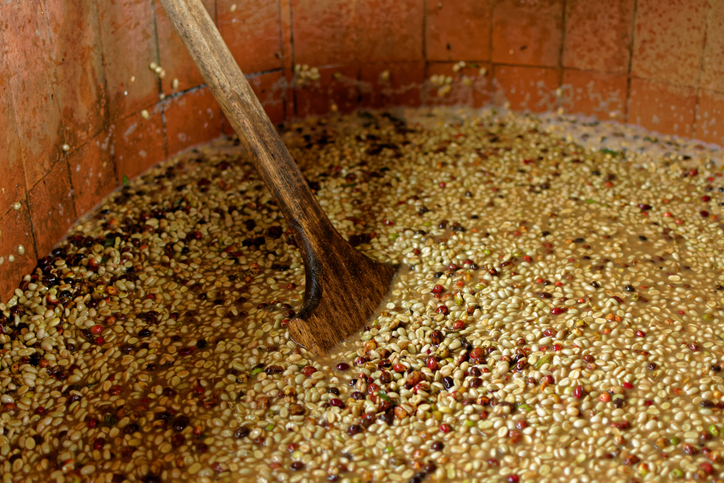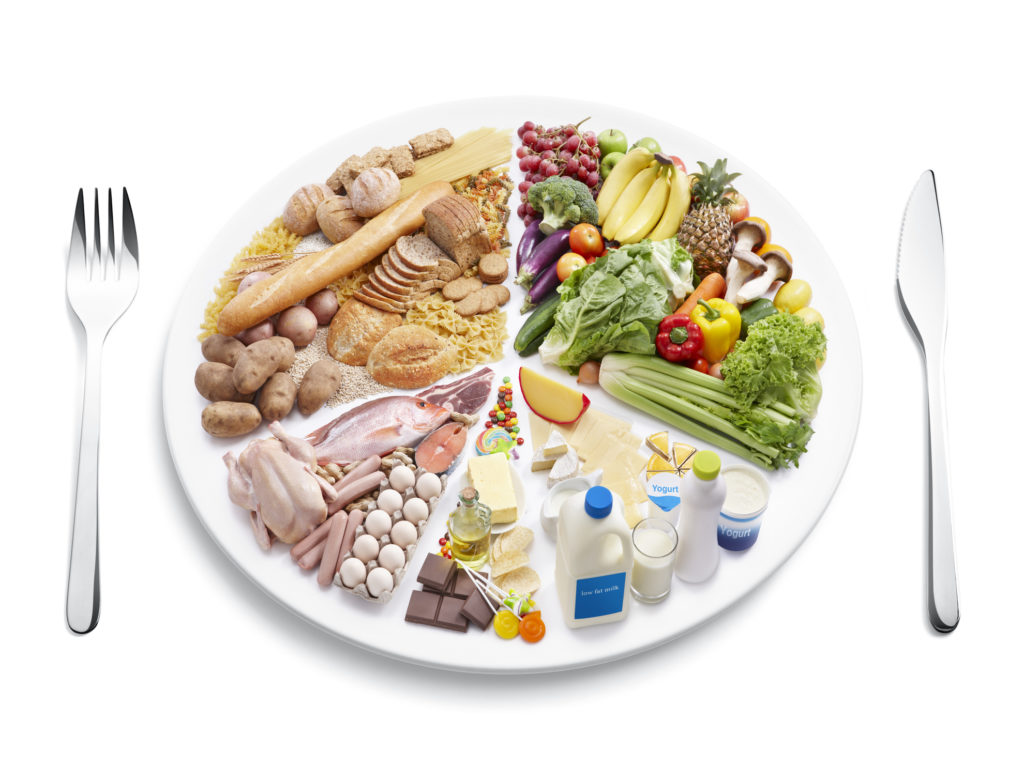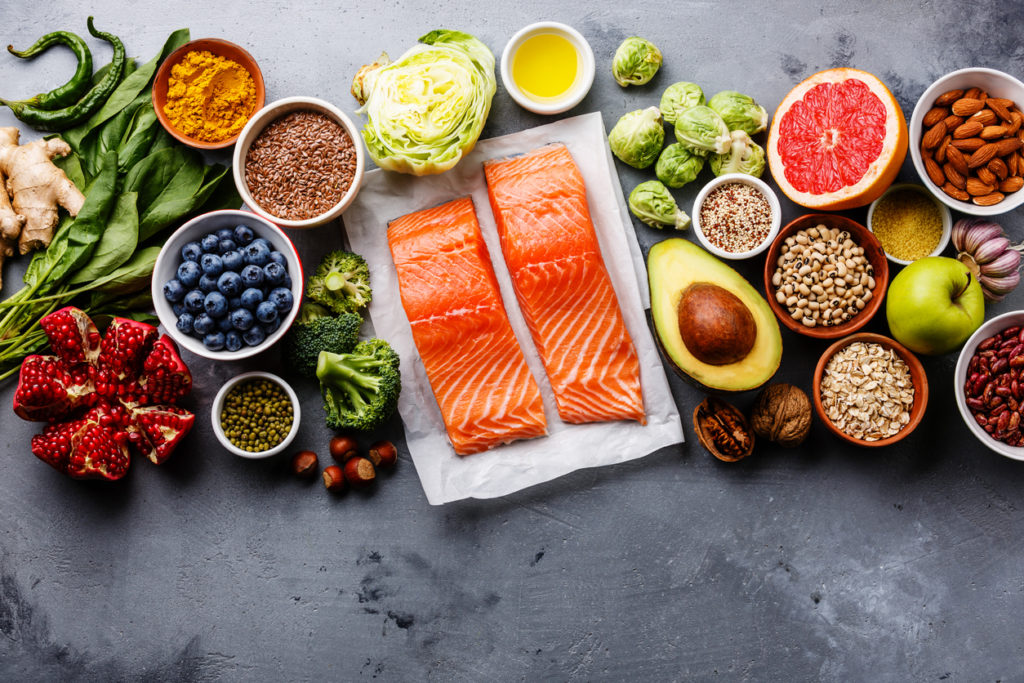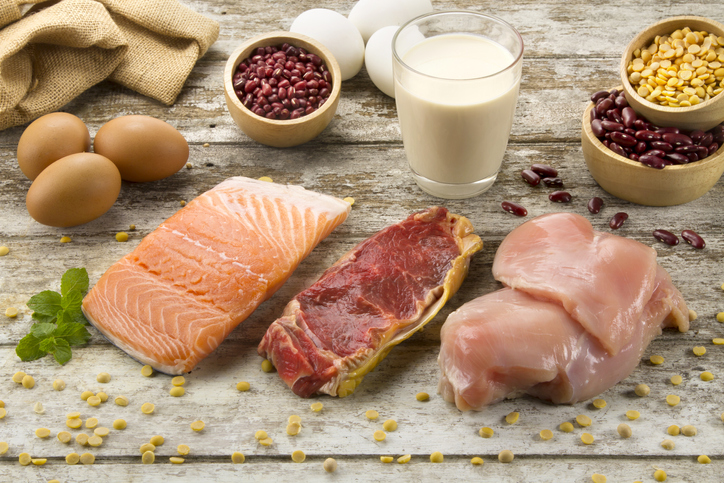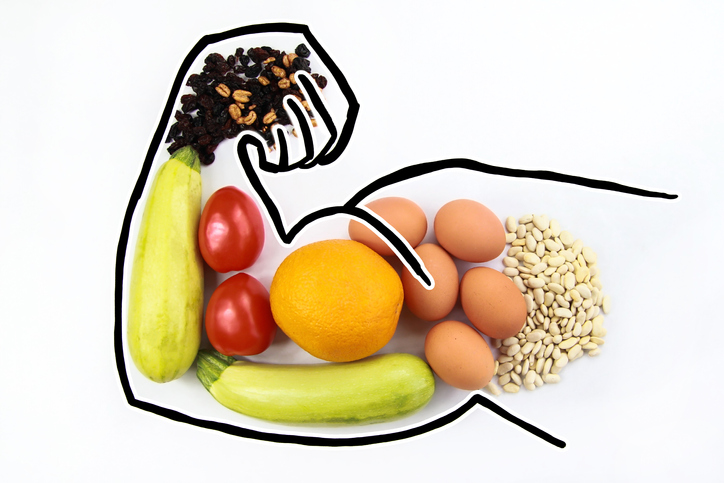Fermented foods may not mean anything to you. Yet you eat and drink them every day.
FERMENTATION ?
There are several principles of fermentation:
- Alcoholic fermentation, transforms the sugars in a food into ethyl alcohol through the action of yeast.
- Lacto-fermentation, which consists of transforming sugars and starches into lactic acid
- There is also the transformation of sugars into acetic acid. This is the process used to make vinegar, for example.
Fermentation of foodstuffs used to be used for preservation purposes. At the time, unfermented food and drink kept for too long often caused illness and even death.
This technique has been applied in many parts of the world, through the manufacture of yoghurt, kefir, cheese or even sauerkraut, as well as soya sauces or Nuoc Nam.
Today, fermentation is skilfully used by the food industry to produce thousands of products.
FERMENTED AND PROBIOTIC FOODS ?
Fermentation acidifies foods and makes their minerals more soluble, making them easier to absorb.
Fermented foods therefore help the bioavailability of minerals and nutrients.
Fermented foods are rich in Probiotics!
Probiotics are living micro-organisms (bacteria or yeast) called "good bacteria" that have a positive effect on the balance and health of our intestinal flora.
In fact, these bacteria and yeast help digest fibre & stimulate the immune system.
SOME FOODS
- Yoghurt
- Cheese
- Kefir
- Brewer's yeast
- Sourdough bread
- Soy products: tofu, soy yoghurt, miso, soy sauce, etc.
- Fermented cabbage such as sauerkraut, especially raw, but also Kimchi (Korean fermented cabbage speciality)
- Olives
- Beer, wine (to be consumed in moderation. . . )
- Vinegars: You can also find probiotics in some food supplements.

